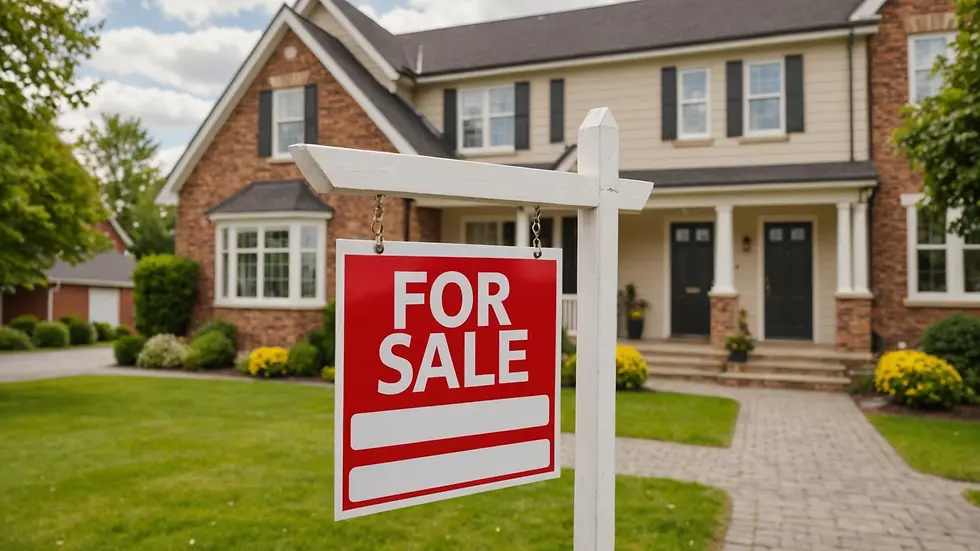Killing Home Foreclosure: Chapter 13 Silver Bullet!!!
- Mead Law Offices
- Feb 5
- 2 min read
Facing foreclosure can be an incredibly stressful experience for homeowners. However, if you find yourself on the brink of losing your home, Chapter 13 bankruptcy can act as your safety net. This legal option allows individuals to reorganize their debts while giving them a chance to keep their home.
Understanding Chapter 13 Bankruptcy
Chapter 13 bankruptcy is often called a "wage earner's plan." It enables individuals to create a repayment plan to pay back their debts over three to five years. Unlike Chapter 7 bankruptcy, which involves selling off assets, Chapter 13 lets you retain your property while making manageable monthly payments.
Filing for Chapter 13 leads to an automatic stay that halts foreclosure proceedings almost immediately. For example, when you file, creditors—including mortgage lenders—must stop all collection actions. This provides you the vital time needed to sort out your finances and develop a repayment strategy.
How Does Chapter 13 Stop Foreclosure?
The most significant way Chapter 13 addresses foreclosure is through the automatic stay activated upon filing. This legal safeguard prevents creditors from pursuing collections or legal actions. In practical terms, it means your bank must stop the foreclosure process. While under this protection, you can remain in your home while creating a detailed repayment plan.
To illustrate, if you're three months behind on your mortgage, your Chapter 13 repayment plan would outline how you intend to pay off those missed payments, often within the three to five-year timeframe. This might mean adding a portion of what you owe each month on top of your regular mortgage payment until you're caught up.

Eligibility Requirements for Chapter 13
Not everyone qualifies for Chapter 13. To file, you must have a regular income and meet specific debt limits. As of 2022, your unsecured debts should be under $465,275, and secured debts should be below $1,395,875. This requirement ensures you have the means to stick to your payment plan while managing day-to-day expenses.
Additionally, before filing, you must complete credit counseling from an approved agency. This counseling helps you assess your finances and examine alternatives to bankruptcy. In fact, studies show that individuals who receive credit counseling before filing are 20% more likely to complete their repayment plans successfully.
The Advantages of Chapter 13
Chapter 13 comes with several key benefits. Firstly, it allows you to keep your home, an essential advantage in challenging financial times. Secondly, it can help improve your credit more easily than Chapter 7. While Chapter 7 can drop your score up to 200 points initially, individuals who engage in Chapter 13 often see their credit score gradually improve during the repayment period. Lastly, it offers a structured pathway to regain financial stability—something that's vital for long-term success.
Regaining Financial Control
Home foreclosure can feel overwhelming, but Chapter 13 bankruptcy provides a practical way forward. Utilizing this legal framework allows you to safeguard your home and reclaim control over your finances. Consulting with a bankruptcy attorney is crucial to effectively navigate the process and secure the best possible outcome.
If you're confronting the potential of foreclosure, know that help is within reach. Embracing Chapter 13 may just be the solution you need to rise from financial hardship and keep your home safe.




Comments